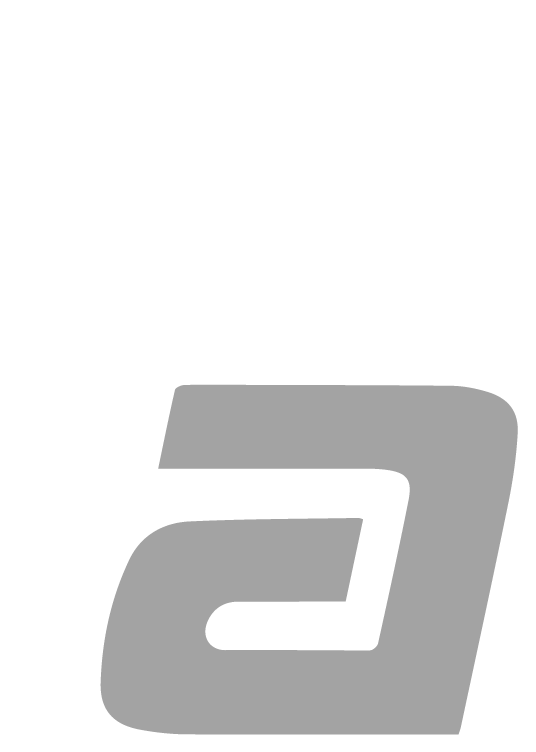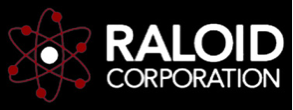Primus Aerospace is an AS9100D certified manufacturer of aerospace and defense components. AS9100 machine shop certification is a critical certification for aerospace manufacturers.
What is AS9100?
AS9100 is a widely recognized quality management system (QMS) standard and is a mark of excellence for manufacturers in the aerospace & defense industry. The AS9100 standard is based on the ISO 9001 standard but includes additional requirements specific to aerospace & defense manufacturing. AS9100 is designed to ensure that aerospace manufacturers maintain effective quality management systems to meet the demanding requirements of the industry.
The AS9100 standard was developed by the International Aerospace Quality Group (IAQG) in collaboration with aerospace manufacturers and industry stakeholders. It provides a framework for aerospace companies to manage and improve their quality management systems, enhance customer satisfaction, and achieve operational excellence. IAQG continues to refine the standard as the A&D industry grows and matures.
The AS9100 standard covers 6 major aspects of quality management, including:
- Management commitment
- Risk management
- Configuration management
- Supply chain management
- Product realization
- Measurement, analysis, and improvement
Why is working with a Certified AS9100 Machine Shop company important?
AS9100 certification is highly regarded in the aerospace industry and demonstrates an organization’s commitment to quality and customer satisfaction. It helps companies establish robust quality management systems, enhance their competitiveness, and meet the stringent requirements of customers, regulatory authorities, and other stakeholders in the aerospace sector.
The AS9100 certification originated in the year 1999. It was developed as a specialized standard for the aerospace industry to address the unique quality management needs and requirements of aerospace companies. The International Aerospace Quality Group (IAQG) spearheaded the development of AS9100 in collaboration with major aerospace manufacturers and industry stakeholders.
AS9100 was initially released as AS9100 Rev. A in October 1999. Since then, it has undergone revisions and updates to align with changes in the ISO 9001 standard and to incorporate evolving industry requirements. The latest version of AS9100 as of my knowledge cutoff in September 2021 is AS9100D, which was released in 2016. This version aligns with the ISO 9001:2015 standard and incorporates enhancements specific to the aerospace industry.
It’s important to note that AS9100 certification is not a static standard but a continuously evolving one, with periodic revisions and updates to keep pace with changes in the aerospace industry and to maintain its relevance and effectiveness in ensuring quality management in the aerospace sector.
How does a company get an AS9100 Machine Shop certification?
Certification to AS9100 is typically performed by certification bodies or registrars (such as Platinum or Orion) that are accredited by an internationally recognized accreditation body. These certification bodies are independent organizations that assess and verify that a company’s QMS conforms to the AS9100 requirements.
The certification process involves several steps, including an initial assessment, documentation review, on-site audit, and ongoing surveillance audits. The certification body evaluates the company’s QMS and assesses its implementation, effectiveness, and compliance with the AS9100 requirements. If the company meets the criteria, the certification body issues a AS9100 certificate. Many companies will get an ISO 9001 certification prior to seeking an AS9100 certification and becoming an AS9100 machine shop.
The accreditation bodies that accredit certification bodies for AS9100 certification may vary depending on the region or country. Some well-known international accreditation bodies include the International Accreditation Forum (IAF) and the ANSI-ASQ National Accreditation Board (ANAB). These accreditation bodies ensure that certification bodies operate in accordance with recognized standards and guidelines for certification processes and practices.
What other certifications are important in defense manufacturing?
There are several certifications that are similar to AS9100 in terms of their focus on quality management systems and their application to specific industries. Examples include:
- ISO 9001 – ISO 9001 is the most widely recognized international QMS standard. It provides a generalized framework for organizations across various industries to establish and maintain effective quality management systems. AS9100 is based on ISO 9001 but includes additional aerospace (& defense) specific requirements.
- ISO/TS 16949 – ISO/TS 16949 (now IATF 16949) is a quality management system standard specifically developed for the automotive industry. It focuses on the requirements for automotive production and service part organizations. Similar to AS9100, ISO/TS 16949 incorporates the core requirements of ISO 9001 while adding industry-specific requirements.
- ISO 13485 – ISO 13485 is a quality management system standard designed for medical device manufacturers. It specifies requirements for the development, production, and distribution of medical devices. While it shares some similarities with AS9100 and ISO 9001, ISO 13485 includes additional requirements related to regulatory compliance, risk management, and post-market activities specific to the medical device industry.
- TL 9000 – TL 9000 is a quality management system standard specifically developed for the telecommunications industry. It is designed to enhance product and service quality within the telecommunications supply chain. TL 9000 incorporates ISO 9001 requirements and includes industry-specific metrics and measurements.
- ISO/IEC 27001 – ISO/IEC 27001 is a standard for information security management systems (ISMS). It provides a systematic approach to managing sensitive information and protecting it from unauthorized access, disclosure, alteration, or destruction. While it differs in focus from AS9100, ISO/IEC 27001 is similar in structure and implementation, emphasizing the importance of an effective management system.
What is NADCAP?
NADCAP (National Aerospace and Defense Contractors Accreditation Program) is a cooperative industry-wide accreditation program that focuses on special processes and products used in the aerospace and defense sectors. It is managed by the Performance Review Institute (PRI), an organization that provides oversight and administers various industry programs and certifications.
NADCAP was established to ensure consistent quality and compliance in critical manufacturing processes and services within the aerospace and defense supply chain. It involves a rigorous audit and accreditation process that assesses the capability, competency, and compliance of suppliers and service providers in specific areas, commonly referred to as “special processes.”
Special processes include various manufacturing and testing activities that are critical to the production and performance of aerospace components, materials, and systems. Examples of special processes covered by NADCAP include heat treating, nondestructive testing, welding, chemical processing, composites manufacturing, and more. NADCAP also covers other disciplines such as quality systems and materials testing.
The NADCAP accreditation process involves thorough audits performed by qualified personnel from PRI or their approved subcontractors. The audits assess a company’s compliance with industry standards, customer requirements, and specific technical specifications related to the special processes being evaluated. Successful completion of the NADCAP audit results in the award of accreditation, indicating that the supplier or service provider meets the stringent quality and process requirements of the aerospace and defense industries.
While Primus does not hold a NADCAP certification, but has close relationships with many NADCAP approved special process suppliers (also known as OSPs or outside service providers). Many of Primus’s customers or programs require NADCAP certification to ensure the quality of the special processes being performed by these contractors.



